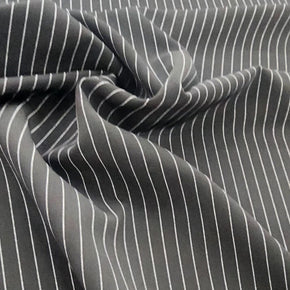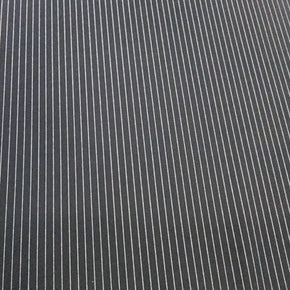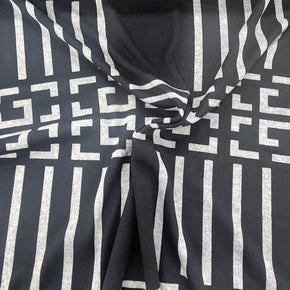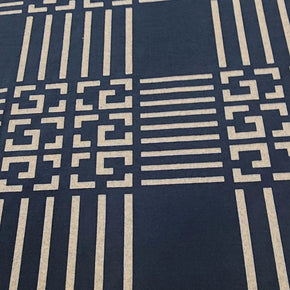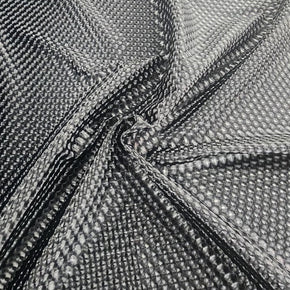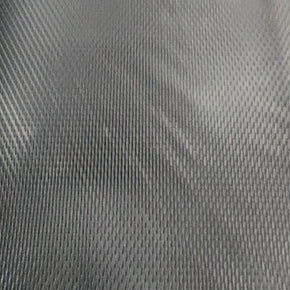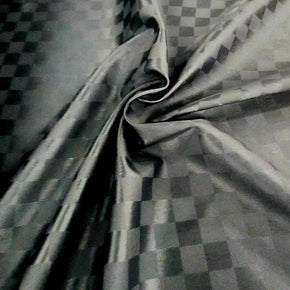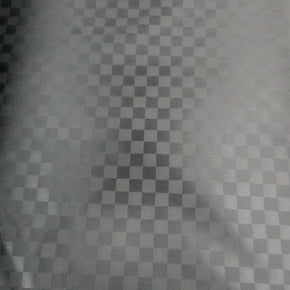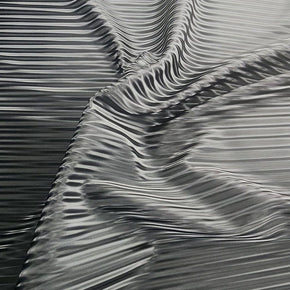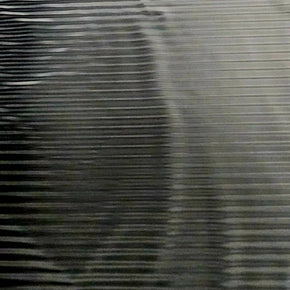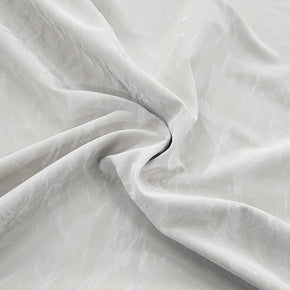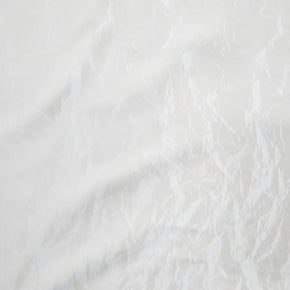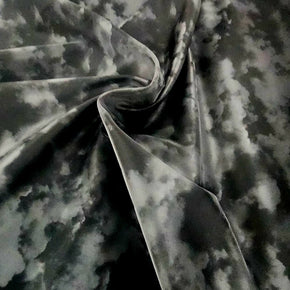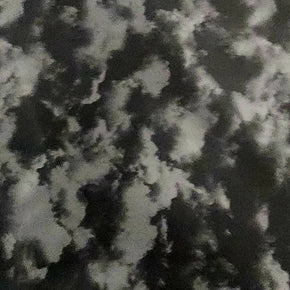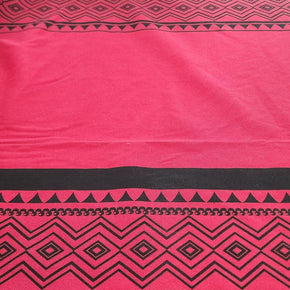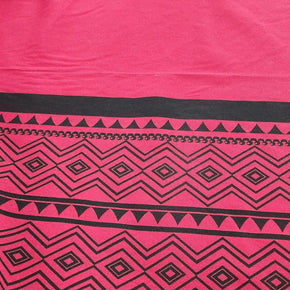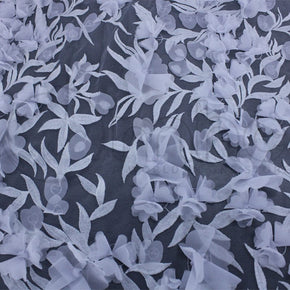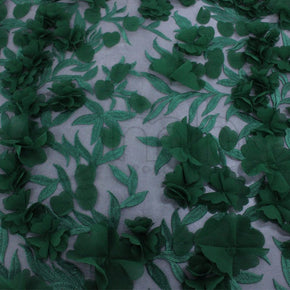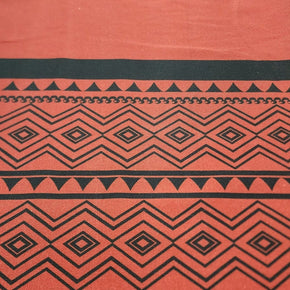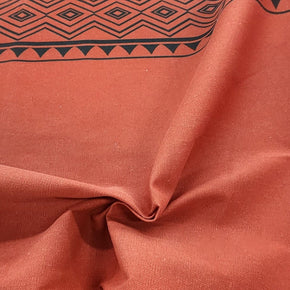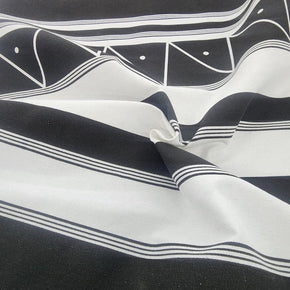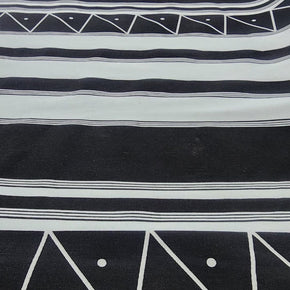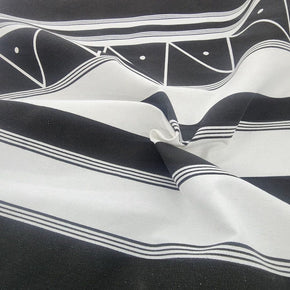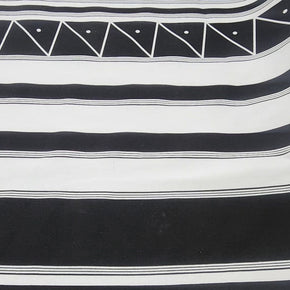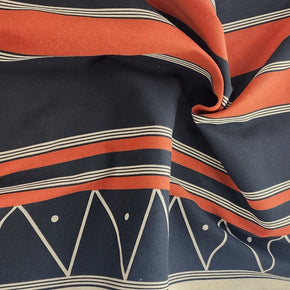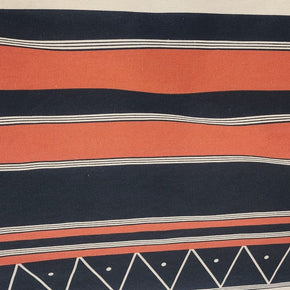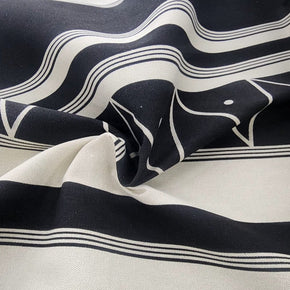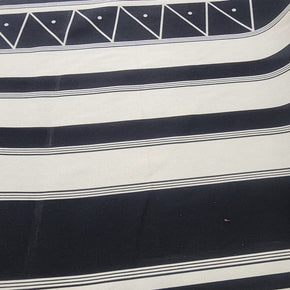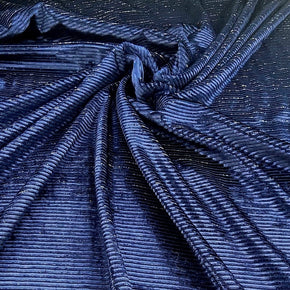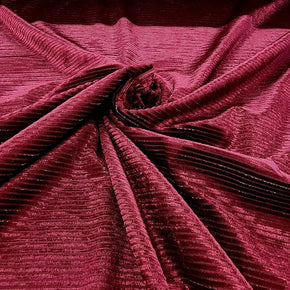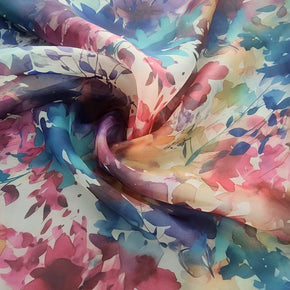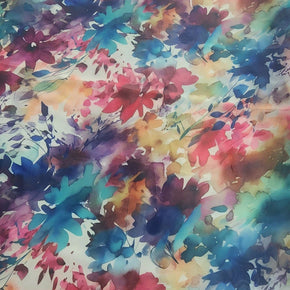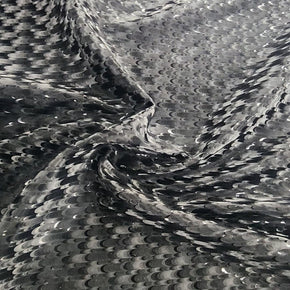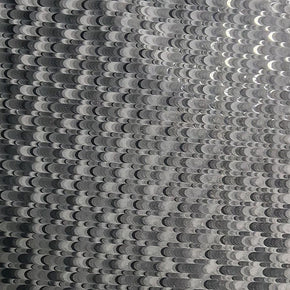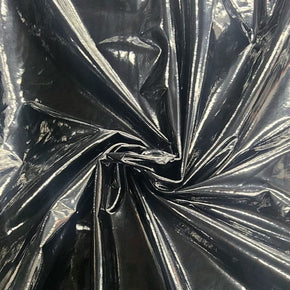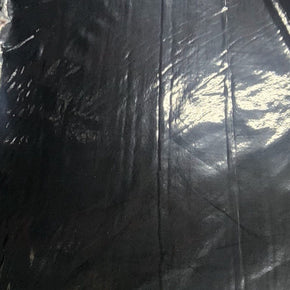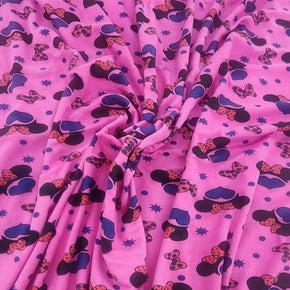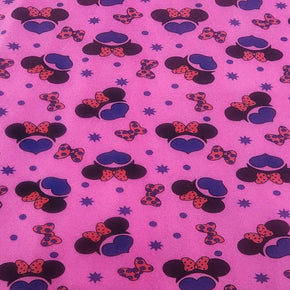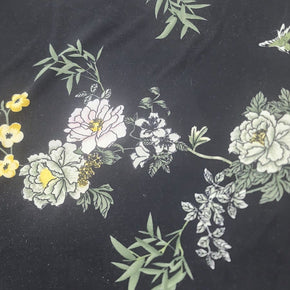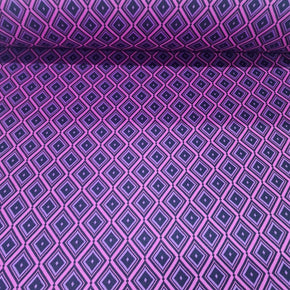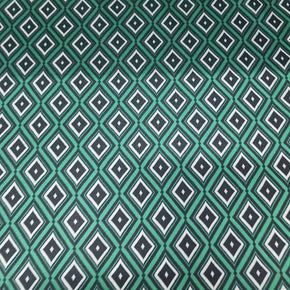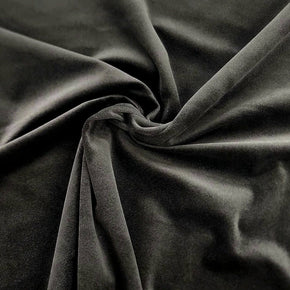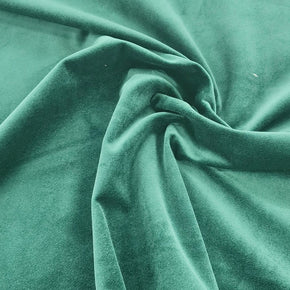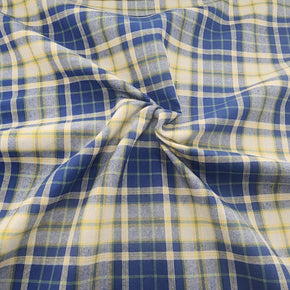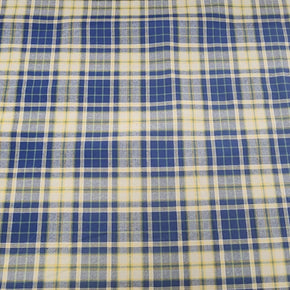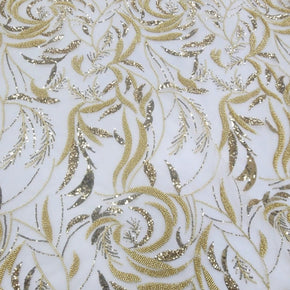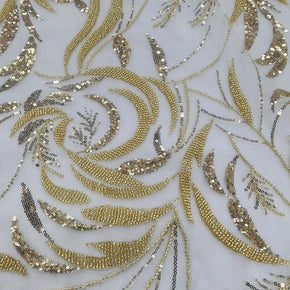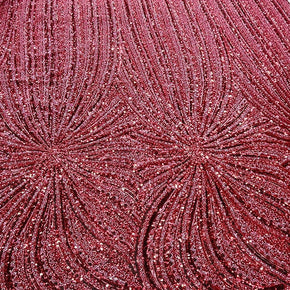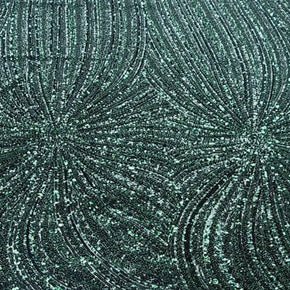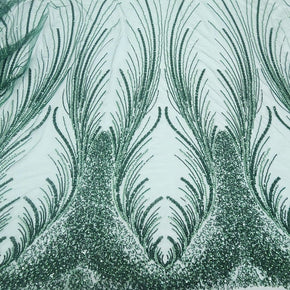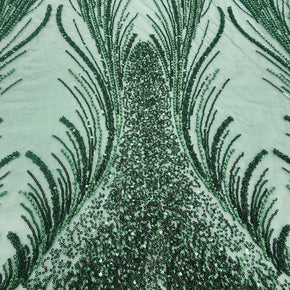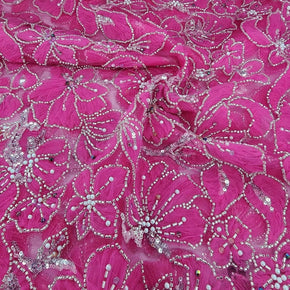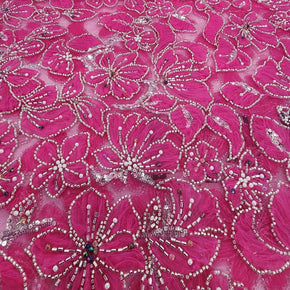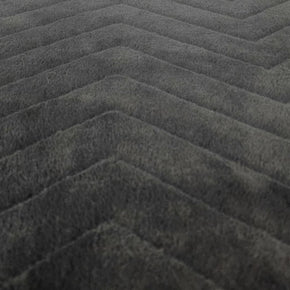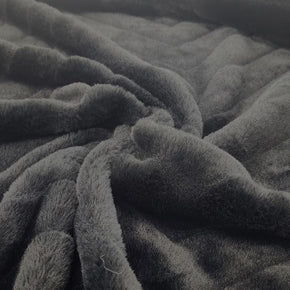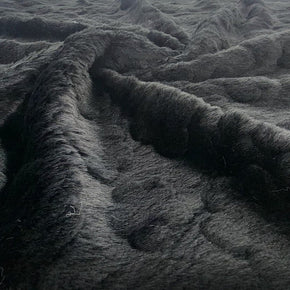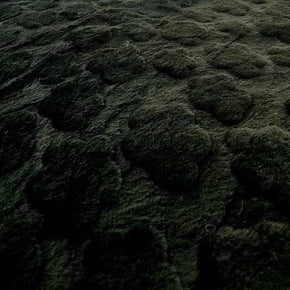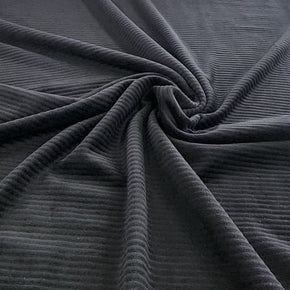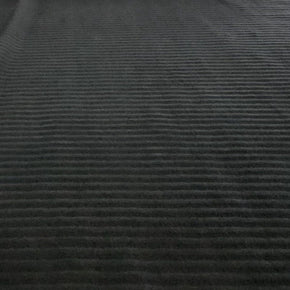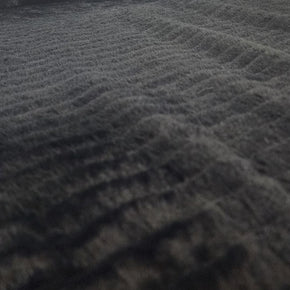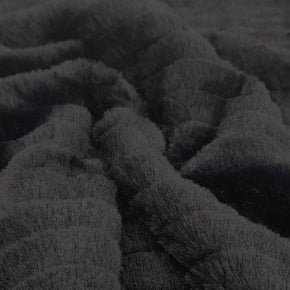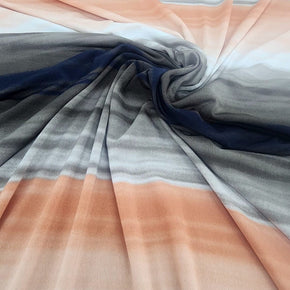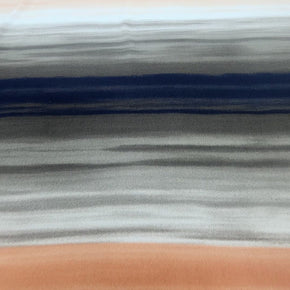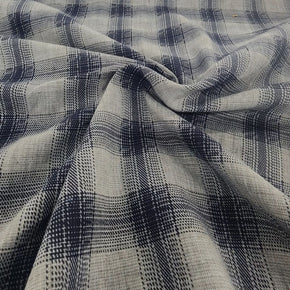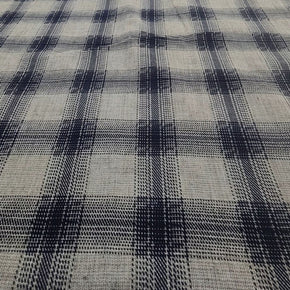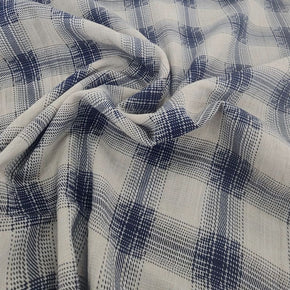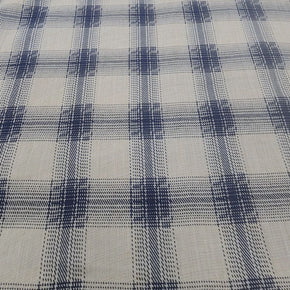- No products in the cart.
Printed Digital Duchess Satin Fabric 150 cm
Dress Fabrics, Dress Fabrics, Haberdashery & Sewing Machines, Fashion Basic Fabrics, Fashion Fabrics
R 89.95
Printed Digital Duchess Satin Fabric 150 cm
Dress Fabrics, Dress Fabrics, Haberdashery & Sewing Machines, Fashion Basic Fabrics, Fashion Fabrics
R 89.95
Purple
Pink
Dusty
Powder Blue
Printed Border Floral Milano Satin Fabric 150 cm
Dress Fabrics, Dress Fabrics, Haberdashery & Sewing Machines, Fashion Basic Fabrics, Fashion Fabrics
R 120.00
Black
Gold
Pearl White
Toasted Almond
Sandwich Scuba Lurex Fabric 150 cm
Dress Fabrics, Dress Fabrics, Haberdashery & Sewing Machines, Fashion Basic Fabrics, Fashion Fabrics
R 135.00
Printed Barbie Fabric 150 cm Black Stripe
Dress Fabrics, Dress Fabrics, Haberdashery & Sewing Machines, Fashion Basic Fabrics, Fashion Fabrics
R 79.95
Printed Jersey Knit Fabric 150 cm
Dress Fabrics, Dress Fabrics, Haberdashery & Sewing Machines, Fashion Basic Fabrics, Fashion Fabrics
R 85.00
Woolen Check Fabric 150 cm
Dress Fabrics, Dress Fabrics, Haberdashery & Sewing Machines, Fashion Basic Fabrics, Fashion Fabrics
R 79.95
Pu Leather Fabric 150 cm Black
Dress Fabrics, Dress Fabrics, Haberdashery & Sewing Machines, Fashion Basic Fabrics, Fashion Fabrics
R 140.00
Pu Leather Checkered Fabric 150 cm Black
Dress Fabrics, Dress Fabrics, Haberdashery & Sewing Machines, Fashion Basic Fabrics, Fashion Fabrics
R 140.00
Pu Leather Stripe Fabric 150 cm Black
Dress Fabrics, Dress Fabrics, Haberdashery & Sewing Machines, Fashion Basic Fabrics, Fashion Fabrics
R 140.00
Pu Leather Fabric 150 cm White
Dress Fabrics, Dress Fabrics, Haberdashery & Sewing Machines, Fashion Basic Fabrics, Fashion Fabrics
R 140.00
Pu Leather Fabric 150 cm Black
Dress Fabrics, Dress Fabrics, Haberdashery & Sewing Machines, Fashion Basic Fabrics, Fashion Fabrics
R 140.00
Printed Xhosa Fabric Dsn 4 150 cm Red
Dress Fabrics, Dress Fabrics, Haberdashery & Sewing Machines, Fashion Basic Fabrics, Fashion Fabrics
R 130.00
Printed Xhosa Fabric 150 cm Orange
Dress Fabrics, Dress Fabrics, Haberdashery & Sewing Machines, Fashion Basic Fabrics, Fashion Fabrics
R 130.00
Printed Xhosa Fabric Dsn 3 150 cm White
Dress Fabrics, Dress Fabrics, Haberdashery & Sewing Machines, Fashion Basic Fabrics, Fashion Fabrics
R 130.00
Printed Xhosa Fabric Dsn 3 150 cm White
Dress Fabrics, Dress Fabrics, Haberdashery & Sewing Machines, Fashion Basic Fabrics, Fashion Fabrics
R 130.00
Printed Xhosa Fabric Dsn 2 150 cm Rust
Dress Fabrics, Dress Fabrics, Haberdashery & Sewing Machines, Fashion Basic Fabrics, Fashion Fabrics
R 130.00
Printed Xhosa Fabric Dsn 8 150 cm Cream
Dress Fabrics, Dress Fabrics, Haberdashery & Sewing Machines, Fashion Basic Fabrics, Fashion Fabrics
R 130.00
Navy
Grey
Wine
Lurex Velvet Stripe Fabric 150 cm
Dress Fabrics, Dress Fabrics, Haberdashery & Sewing Machines, Fashion Basic Fabrics, Fashion Fabrics
R 60.00
Green/Yellow
Red/Blue
Printed Satin Organdy Fabric150cm
Dress Fabrics, Dress Fabrics, Haberdashery & Sewing Machines, Fashion Basic Fabrics, Fashion Fabrics
R 85.00
Hologram Pu Leather Fabric 150cm Black
Dress Fabrics, Dress Fabrics, Haberdashery & Sewing Machines, Fashion Basic Fabrics, Fashion Fabrics
R 99.95
Patent Pu Leather Fabric 150cm Black
Dress Fabrics, Dress Fabrics, Haberdashery & Sewing Machines, Fashion Basic Fabrics, Fashion Fabrics
R 180.00
Printed Owl Dty Fabric 160cm
Dress Fabrics, Dress Fabrics, Haberdashery & Sewing Machines, Fashion Basic Fabrics, Fashion Fabrics
R 60.00
Printed Rainbow Dty Fabric 160cm
Dress Fabrics, Dress Fabrics, Haberdashery & Sewing Machines, Fashion Basic Fabrics, Fashion Fabrics
R 60.00
Printed Dty Fabric 160cm Minnie
Dress Fabrics, Dress Fabrics, Haberdashery & Sewing Machines, Fashion Basic Fabrics, Fashion Fabrics
R 60.00
Printed Floral Dty Fabric 160cm
Dress Fabrics, Dress Fabrics, Haberdashery & Sewing Machines, Fashion Basic Fabrics, Fashion Fabrics
R 60.00
Poly Spandex Jacquard Fabric Cerise 140 cm
Dress Fabrics, Dress Fabrics, Haberdashery & Sewing Machines, Fashion Basic Fabrics, Fashion Fabrics
R 125.00
Poly Spandex Jacquard Fabric Green 140 cm
Dress Fabrics, Dress Fabrics, Haberdashery & Sewing Machines, Fashion Basic Fabrics, Fashion Fabrics
R 125.00
Black
Bottle Green
Navy
Velvet Jacketing Fabric 150 cm
Dress Fabrics, Dress Fabrics, Haberdashery & Sewing Machines, Fashion Basic Fabrics, Fashion Fabrics
R 169.95
Check Suiting Fabric 150cm
Dress Fabrics, Dress Fabrics, Haberdashery & Sewing Machines, Fashion Basic Fabrics, Fashion Fabrics
R 120.00
Rust
Hunters Green
Emerald Green
Lilac
Navy
Denim
Red
Olive
Fuschia
Rose Gold
Beaded Bridal Lace Fabric Amber 130 cm
R 1,350.00Fur Fabric 150 cm Black Wave
Dress Fabrics, Dress Fabrics, Haberdashery & Sewing Machines, Fashion Basic Fabrics, Fashion Fabrics
R 99.95
Black
MInt
Pink
Fur Fabric Clouds 150 cm
Dress Fabrics, Dress Fabrics, Haberdashery & Sewing Machines, Fashion Basic Fabrics, Fashion Fabrics
R 79.95
Velvet Stripe Fabric 150 cm Black
Dress Fabrics, Dress Fabrics, Haberdashery & Sewing Machines, Fashion Basic Fabrics, Fashion Fabrics
R 69.95
Fur Fabric 150 cm Black Stripe
Dress Fabrics, Dress Fabrics, Haberdashery & Sewing Machines, Fashion Basic Fabrics, Fashion Fabrics
R 99.95
Printed Viscose Lycra Fabric 150cm Orange/Brown
Dress Fabrics, Dress Fabrics, Haberdashery & Sewing Machines, Fashion Basic Fabrics, Fashion Fabrics
R 69.95
Fashion Fabrics for Sale
Entering a fashion fabric department of a large retail shop can evoke mixed feelings for anyone interested in fashion or dressmaking. It can either fill you with excitement or leave you feeling overwhelmed due to the variety of fabrics and options available.
We offer a wide range of fashion fabric for sale at the best prices in South Africa.
What Are Fashion Fabrics
A "fabric" is any flexible material made from yarn, fibres, polymeric film, foam, or any combination of these methods.
Textile is the broad term for many different kinds of fabric.
When the word "textiles" was first used, it only meant woven fabrics. But weaving is not the only way to make things. Over time, many other ways were found to make textile structures for different uses. Other popular ways to make fabrics are by knitting and not weaving.
After they are made, textiles are processed and finished to make them look better, change how they feel, or make them more useful. Textile making is the oldest form of industrial art.
Textiles can be decorated in different ways by dying, printing, and embroidery.
You might also like our range of satin fabrics and basic fabrics for sale.
Different Types of Fashion Fabrics for Sale from MHC World
Fashion fabrics can generally be classified as either natural or synthetic, with natural fibres classified as of animal or plant origin.
Fabrics from Plant Origin
Clothes can be made from cotton, flax, jute, hemp, modal, banana, bamboo, lotus, eucalyptus, mulberry, and sugarcane. The fibres from pineapples and ramie are also used to make clothes, usually with other fibres like cotton.
Nettles have also been used to make fibre and fabric that are very similar to hemp or flax. People have also used the fibre from the stalks of milkweed, but it tends to be weaker than other fibres like hemp or flax.
The lacebark tree's inner bark is like a fine net that has been used to make clothes, accessories and even useful things like rope.
Some fabrics, like silks, velvets, and taffetas, can be made to shine more by adding acetate.
Seaweed is used to make textiles. A water-soluble fibre called alginate is made and used as a holding fibre. When the fabric is done, the alginate is dissolved, leaving a space.
Rayon is a man-made fabric made from the fibres of plants. Depending on the type, rayon can look and feel like silk, cotton, wool, or linen.
Hemp Fibre is made from the hemp plant and has a yellowish-brown colour. The fibres are rougher, stronger, and lighter, and they have a coarser texture.
Fabrics from Animal Origin
Wool is the hair of a domestic sheep or goat. It is different from other types of animal hair because each strand is covered with scales and tightly coiled, and the wool as a whole is coated with a wax mixture called lanolin which makes it waterproof and dirtproof.
Woolen yarn is made from non-parallel fibres that have been carded, while worsted yarn is made from long fibres that have been combed to be parallel.
Alpaca wool, Vicuña wool, llama wool, and camel hair are also animal textiles made from hair or fur. They are often used to make coats, jackets, ponchos, blankets, and other warm coverings.
Cashmere wool comes from the hair of the Indian cashmere goat and Mohair wool comes from the hair of the angora goat. It is used to make things like sweaters and scarves.
Silk is made from the fibres of the cocoon of the silkworm, which are then spun into a smooth fabric and are valued for how soft it is.
Synthetic Fabrics
Synthetic textiles are chemically constructed and include:
- Polyester is often used for all types of clothing, either alone or blended with cotton.
- Acrylic is often used to imitate wool or cashmere.
- Nylon is generally used to imitate silk.
- Spandex (traded as Lycra) is a polyurethane product that is used to make activewear, bras, and swimsuits.
- Olefin fibre is also used in activewear, linings, and warm clothing because it is hydrophobic, allowing it to dry quickly.
- Ingeo is a polylactide fibre blended with other fibres such as cotton for use in clothing. It is more hydrophilic than most other synthetics; therefore used to absorb perspiration.
- Lurex is a metallic fibre used to embellish fabrics.
How to Care for Fashion Fabrics
Care and maintenance of fabrics include two aspects: Keeping the material free of damage and refreshing its appearance by removing stains and dirt.
You can wash different kinds of fabric together, but only if the fabrics can be washed at the same temperature. For example, linen and cotton can be washed together at 30 or 40 degrees, and wool and viscose can be washed together at 30 degrees.
Wash dark colours with dark colours, bright colours with bright colours, and whites with whites. Do not mix colours in the wash, or the dye will run.
How to Wash Different Fabrics
- Acetate is very delicate and will wrinkle easily - even melt if you put it somewhere hot. Use lukewarm water to handwash an item made of acetate, and do not wring out the water after rinsing. Lay the item flat on a towel or hang it on a hanger in a well-ventilated area to dry.
- Wash cotton with hot water. Use a mild soap and treat any spots or stains as soon as you see them. Use warm air in the dryer to keep it from getting wrinkled and take them out of the dryer as soon as it stops running. If a cotton item gets wrinkled in the closet, put it in the dryer with a damp rag and let it tumble until the rag is dry and the wrinkles are gone.
- Linens are easy to take care of. Wash with cool water and dry on a clothesline. You can dry them in a dryer, but you will need to put them in at the lowest heat setting. You can iron linens with a low heat setting if they get wrinkled.
- Polyester and fabrics that contain polyester can be washed in a mild setting with cool water. If you need to, use a mild detergent and a stain remover. Polyester fabrics can be dried by air or in a dryer set to low or medium heat.
- Silk is best washed by hand in cool water, but it can be washed in a machine on a very gentle setting. To keep the silk from getting wrinkled, you must take it out of the washer as soon as the rinse cycle is done.
- Wool is one of the hardest fabrics to clean. Wool should be washed by hand in cool to lukewarm water and dries best laid flat on a towel to dry.
How to Choose Fashion Fabrics
When looking for Fashion Fabrics, the main things you should consider are:
The durability of the fabric.
The cleanability of the fabric.
The potential of the fabric to fade.
Further, your choice will depend on your project.
- Before you go to the fabric store, you should learn as much as you can about the garment you want to make and what fabrics are in style.
- At the store, always unroll a few yards and look at how it drapes.
- How much fabric you need to buy will depend on the width of the fabric. Fabrics usually come in two or three widths, with 60 inches (150cm) and 45 inches (112.5cm) being the most common.
- The lighting in a shop can make a colour look different than it does in natural light. Before buying, always look at the fabric in natural light (or near a window). If you are making something for yourself, you should also hold the fabric up to your skin to see how it looks.
- To check how much the fabric stretches, pull it between your fingers. If you do not know how to sew stretchy fabric, like Lycra or jersey, you might want to think twice about getting it.
- Take time to imagine how the project will look in the fabric. Think about the colour and how the fabric will hang.
- And lastly, make sure you buy enough for what you want.









